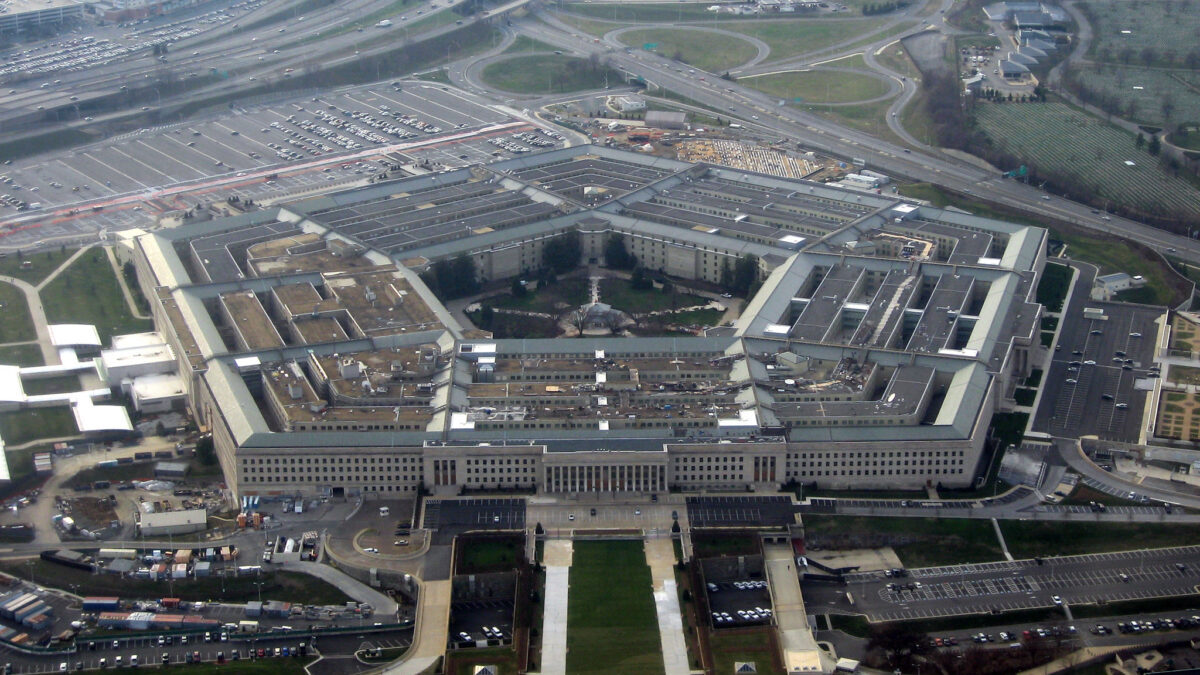China’s strategy to infiltrate US politics: a closer look.
China’s Covert Campaign to Undermine the US
Chinese authorities detained and interrogated a senior Federal Reserve official during his trip to Shanghai in 2019, threatening his family and attempting to gather sensitive economic data. This incident is just one example of China’s long-running and brazen campaign to undermine US economic policy and establish itself as a global superpower.
The Tactics of Coercion and Manipulation
China employs various tactics to manipulate and coerce US officials. They rate White House advisors and governors based on their friendliness to Beijing, tap phones and computers, and copy contact information from social media accounts. Chinese spies have even infiltrated US political circles, forming relationships and influencing policy outcomes.
The Long Game
China’s infiltration strategy is patient and thorough. They plant operatives who work their way up in society over the course of several years before being “activated.” This allows them to exert influence and gather intelligence over an extended period of time.
Chilling Effects and Overt Aggression
Chinese officials often resort to intimidation and aggression to achieve their goals. They send threatening emails, impose sanctions, and engage in disinformation campaigns. Their tactics can have a chilling effect on US officials, making them think twice before taking actions that go against Beijing’s interests.
A Global Network of Influence
China’s infiltration extends beyond the US. They target diaspora communities, manipulate local Chinese populations, and use economic incentives to gain influence. Chinese espionage and interference have been reported in countries like the UK and Canada.
Tackling the Monster
Unmasking and countering China’s covert operations is a challenging task. It requires awareness, unity among Western countries, and a commitment to protecting national interests. While the road ahead may be difficult, it is crucial to confront and address China’s influence campaign.
How has China’s covert campaign to undermine the United States and its interests impacted global stability?
China in 2019. This incident highlights China’s growing covert campaign to undermine the United States and its interests.
The detained official, who wishes to remain anonymous due to security concerns, was visiting China as part of the Fed’s ongoing communication efforts with global central banks. His purpose was to exchange ideas and foster cooperation in maintaining global financial stability. However, instead of welcoming this collaboration, Chinese authorities used it as an opportunity to gather intelligence and intimidate the official.
This incident is not an isolated event but rather a reflection of a broader strategy China has been employing to weaken the United States. In recent years, China has been increasingly assertive in its foreign policy approach, aiming to establish itself as a superpower. Under President Xi Jinping’s leadership, China has adopted a more aggressive stance regarding its territorial claims in the South China Sea, encroaching on neighboring countries’ waters and challenging international law.
China’s covert campaign also extends into the realm of technology and cyber warfare. The Chinese government has been accused of engaging in state-sponsored hacking activities targeting US companies and government agencies. These cyberattacks aim to steal intellectual property and gain an unfair advantage in areas such as advanced technology and military capabilities.
Furthermore, China has been using its economic influence to undermine US interests. One example is its ambitious Belt and Road Initiative (BRI), a global infrastructure investment project spanning Asia, Europe, and Africa. While it is touted as a way to promote economic development and connectivity, BRI has been accused of saddling countries with unsustainable debt and giving China undue leverage over their economies.
China’s systematic efforts to undermine US interests also extend to the realm of information warfare. The Chinese government heavily censors domestic media and controls the narrative on social media platforms to suppress dissenting voices and shape public opinion. It has also been accused of using state-controlled media outlets to disseminate disinformation and propaganda, both domestically and internationally.
The United States needs to be vigilant in the face of China’s covert campaign. While engagement and cooperation with China is vital, it must be balanced with a firm stance to protect US interests. The US government should strengthen its cybersecurity measures, invest in advanced technology, and establish international alliances to counter China’s aggressive activities.
Additionally, the United States should work with its allies to confront China’s unfair trade practices and protect intellectual property rights. Through the enforcement of laws and regulations, the US can ensure a level playing field for businesses and prevent China from gaining a disproportionate advantage.
Furthermore, the United States should enhance its diplomatic efforts to counter the disinformation and propaganda spread by China. By promoting free and unbiased media, the US can empower individuals to form independent opinions and make informed decisions. This should be coupled with efforts to expose China’s human rights abuses and expand support for those affected by its oppressive regime.
China’s covert campaign to undermine the United States poses a significant threat to global stability and the democratic values on which the US is built. Facing this challenge requires a comprehensive and multifaceted approach that combines diplomatic, economic, and technological measures. Only by recognizing and countering China’s covert activities can the United States safeguard its national security and protect its interests in the evolving geopolitical landscape.
" Conservative News Daily does not always share or support the views and opinions expressed here; they are just those of the writer."





Now loading...